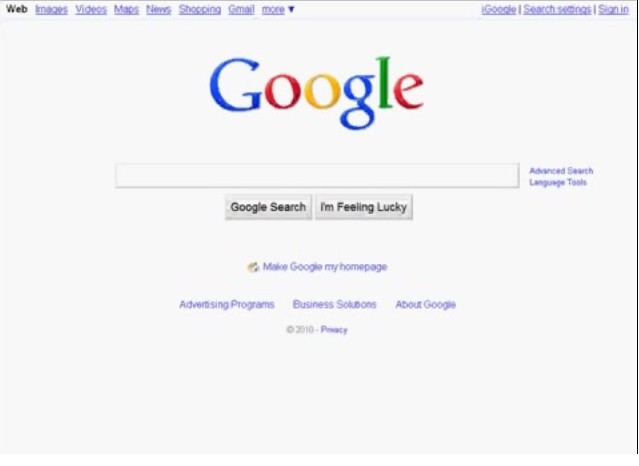According to a research paper from many academics, Google manipulates search results. The new study presents proof that the software giant sets out to limit customers' options and hamper competitors.
The study was conducted by Yelp's data science team, Columbia Law School Professor Tim Wu and Harvard Business School professor Michael Luca. In the study, scientists claimed that the software giant Google is altering its local search results in favor of content created by it.
In the study, two different versions of local search results were created by the scientists. The first version displayed results that included Google's Local OneBox, which shows a select businesses list at the top of the search page.
The tech giant's argument for Local OneBox is that it displays customers exactly what they are searching for at the top of the page, without them requiring to scroll through 10 blue links. It means that OneBox results show up above Yelp results, but seem objective to the searcher. According to Google, the immediacy of OneBox enhances search.
However, the scientists tested this theory by generating a second version of the same search results without OneBox. The second version displayed results that were generated using the company's organic search algorithm.
The research team randomly showed one of the two sets of results to about 2,690 participants. It was found that subjects were 45% more likely to click on the organic search results, according to CNBC.
Scientists concluded that the software company is giving not-so-useful search results by prizing OneBox over organic links. This can be damaging to the customer.
The study authors said that Google's universal search does not always serves merchants and customers. They further said that the tech giant seems to be strategically deploying universal search in a manner that deteriorates the product so as to exclude competitors to its search paradigm.



























